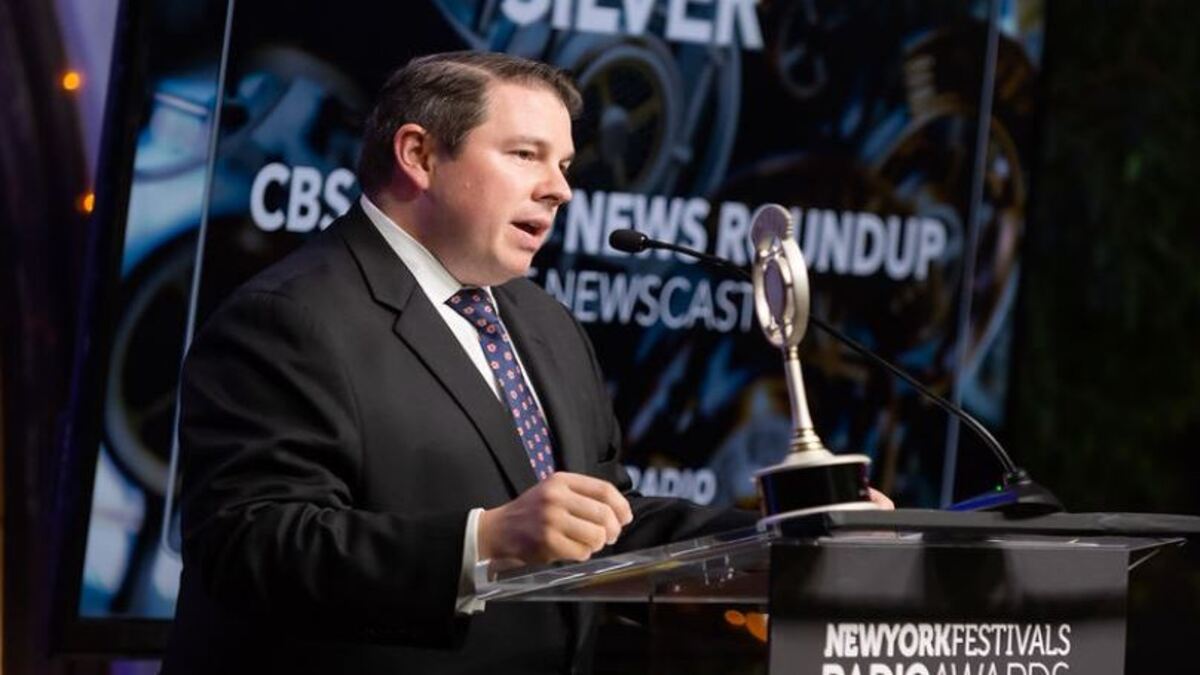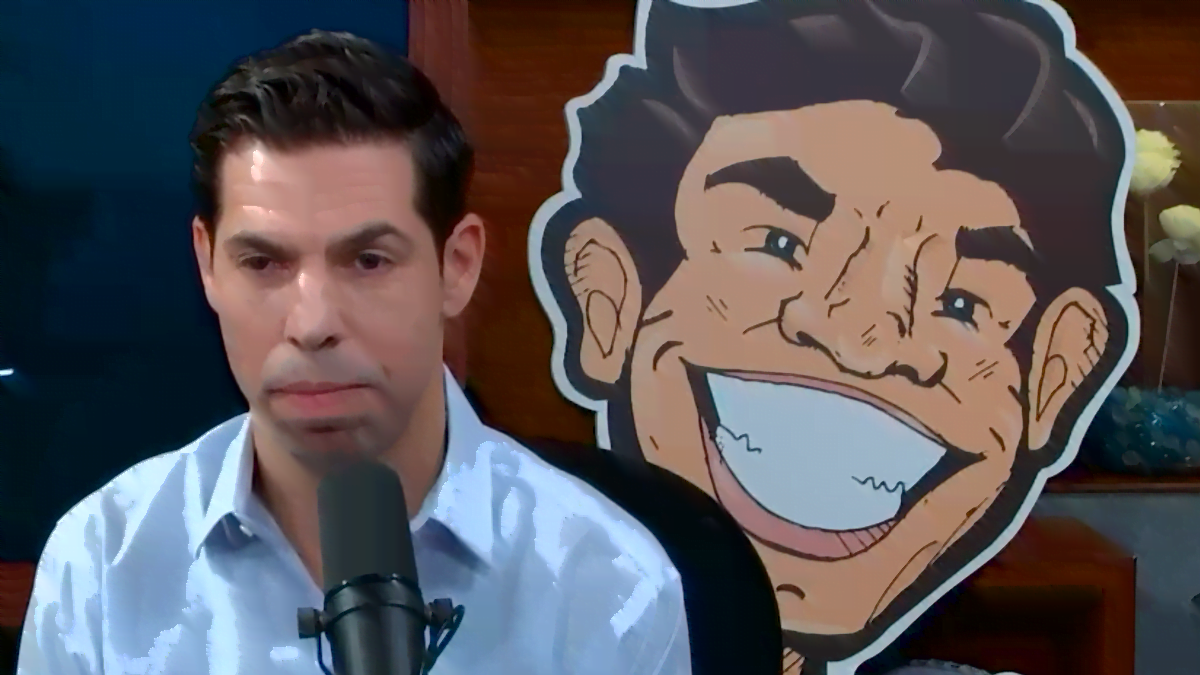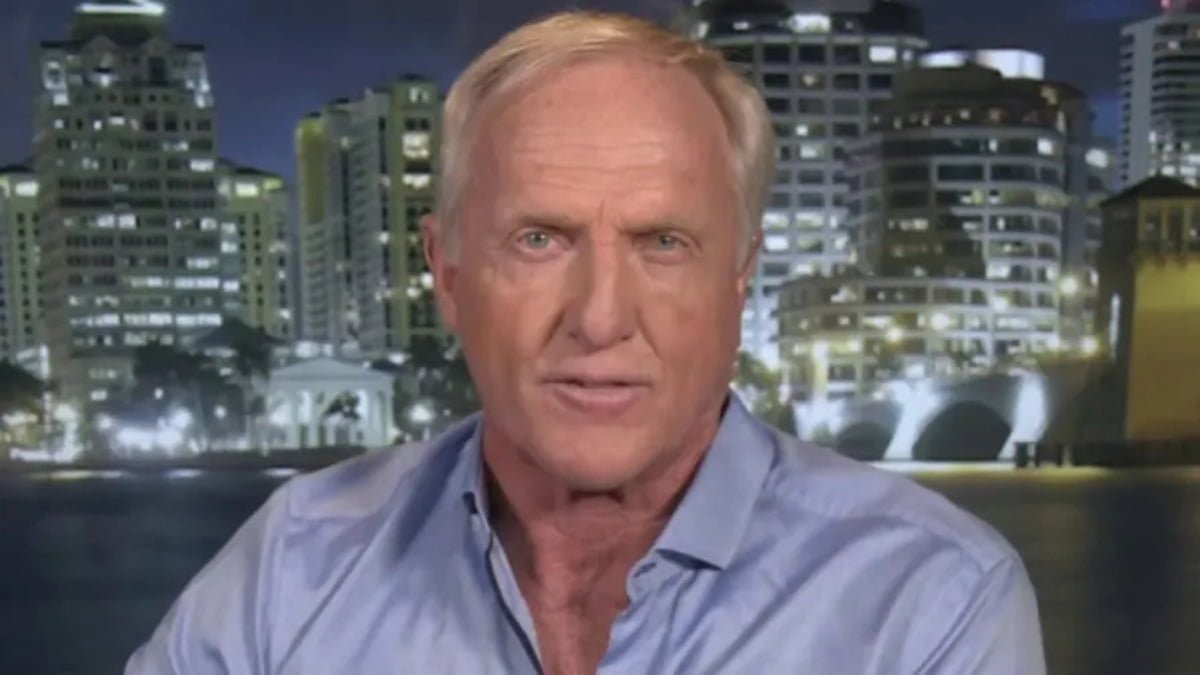Craig Swagler seems like a low-temperature guy that doesn’t let things rile him up too quickly. A level head that guides him through the congested highways of today’s contorted media landscape.
Swagler grew up in Wellsboro, PA, a community today with a population of just over 3,000 people. In school, Swagler ran cross country and track while finding time to work a morning newscast in high school. “I executive produced and made sure the weather and lunch menu was on the broadcast,” Swagler said.
Swagler said he had a good childhood and enjoyed where he grew up. “I went to Mansfield University of Pennsylvania,” he said. “It was a small art school, and I enjoyed being there because of the small size. I didn’t want to be a number among thousands of other students. Early on, I had an interest in story-telling, journalism.”
He found a learning opportunity in everything he did. “When I was with the Golf Channel, I was always running around the course with the camera guy. I’d ask questions; they’d teach me things. Like anything else, you get out of it what you put in. The job itself wasn’t glorious. It was an opportunity to be side by side with unbelievable talent. You learn things by listening or by osmosis.”
Swagler knew a former student who became a production manager for Monday Night Football.
“They hired kids to be grips and runners,” he said. “Basically, a runner is a glorified grip. You got the opportunity to get your hands on everything. We learned how to problem-solve. We’d fly into the cities and address all sorts of problems we had to solve.
While most students get into the business of being on-air personalities, Swagler leaned the other way. “I always felt that behind the scenes was the place for me. I never saw myself on air. I did some on-air work in college. I hope those tapes never surface,” he joked. “It was never a source of passion for me. I didn’t think I wasn’t very good at it. What I found out I loved was what it took to get something on the air. I wanted to build a career through those ideas.”
Swagler worked for ABC Sports as a production assistant. He traveled around the East Coast, helping to set up live remotes.
“There were usually three or four young hires doing these duties. To me, it didn’t matter if it was menial or important,” Swagler said. “You’re given a task that you know nothing about, and you address the problem; I found that to be very fulfilling. I had to take the opportunity, and on a resume, it all looked good. When I interviewed for jobs, these were experiences I could speak to. Not just book knowledge. I was always willing to get my hands dirty.”
Swagler admits he fell into a lot of opportunities and didn’t say ‘no’ to anything. When an opportunity presented itself, he made the most of it. “Some of the things I did required me to spend money out of my own pocket. “It was about sacrifice, driving to New York for an assigned shift, showing up in order to get to the next assignment.”
Swagler knows a lot about radio. He said it’s essential to understand everything across the board, just as a restaurant manager must understand all the tasks. “A lot of leaders have a good sense of moving parts of their organization,” Swagler said. “These are diverse individuals who understand the scope. A good leader needs an effective understanding of how things work. That’s true in many professions, but radio in particular. I wouldn’t ask anyone to do something I wouldn’t do myself.”
Swagler said there’d been a change in today’s job-seeker. “There’s definitely a generational gap in how things are approached. I’m aware of that. We used to say somebody had a ‘fire in their belly.”
He’s accountable for formulating and directing overall facets of processes such as sales, operations, and content management for CBS Podcasting, CBS Audio Streaming, CBS News Radio, and CBS News Radio on SiriusXM.
To make coverage more efficient, Swagler said they took control rooms out on the road. “We brought back the concept of ‘being there.’ Everything old is new again. We had some amazing floor reporters that benefited the affiliates.”
All the time he spent with MNF and other events made Swagler skilled at producing wall-to-wall coverage from a scene, mixing the entire show right where it’s happening. “That helped me prepare as an editor working on such large events.”
Podcasts are a massive component of communications and will be a force. “We have a new leadership structure with podcasts,” Swagler said. “It’s massively successful in long-form content. That’s the unique part of it. We’re trying to create content that creates consumer engagement.”
Swagler cited a particular podcast called Mobituaries, which forged a new path in podcast branding. “It’s based on a book by Mo Rocca. We came up with the podcast to help promote his new book. It was genius. We had a half-million downloads after the book came out.”
They didn’t just put out a podcast; they tied it to a Sunday morning audience. They found a sponsor and pitched ideas. Essentially telling listeners, here’s the segment, buy the book. It was a cross-utilization of driving an audience. In that way, it’s powerful.
Swagler said podcasts present massive challenges. “There are millions and millions of episodes out there,” Swagler said. “It’s changing too. It used to be if you had a phone, you could have a podcast. What some podcasters don’t understand is there is a value in branding. Reintroducing information to a younger generation who consume content on the go.”
People take different approaches, Swagler explained. “Some throw spaghetti against a wall to see what sticks. A heritage brand says something. Means something. CBS means a lot.”
He said years ago; that there used to be a clear understanding between op-ed and what was news. Those lines have become blurred. “Voices of trust are fewer and fewer in the media landscape,” Swagler said. “The landscape also has its problems internally.” Many reporters don’t ask themselves if they’re unbiased, he explained. “There’s a belief there is a liberal elitism. That doesn’t help. People on the coasts are so far away from the mindsets of the Heartland. People that present news on the left and right are both trying to convince the American people of their truth.”
Swagler said years ago; they probably wouldn’t have given much attention to Brittney Spears’ conservatorship.
“I think the moment where entertainment crossed over into news was the story about the death of Anna Nicole Smith. That became a national moment. A lot of very legitimate news outlets covered that story.”
He says radio is still the first social media people turn to when something happens. “It’s about local stories that are national in impact. We can be more effective than social media,” Swagler said. “We’re talking about something as it’s happening in real time. We have a huge reach, and it’s more efficient.”

Jim Cryns writes features for Barrett News Media. He has spent time in radio as a reporter for WTMJ, and has served as an author and former writer for the Milwaukee Brewers. To touch base or pick up a copy of his new book: Talk To Me – Profiles on News Talkers and Media Leaders From Top 50 Markets, log on to Amazon or shoot Jim an email at jimcryns3_zhd@indeedemail.com.








Very insightful. Good interview.